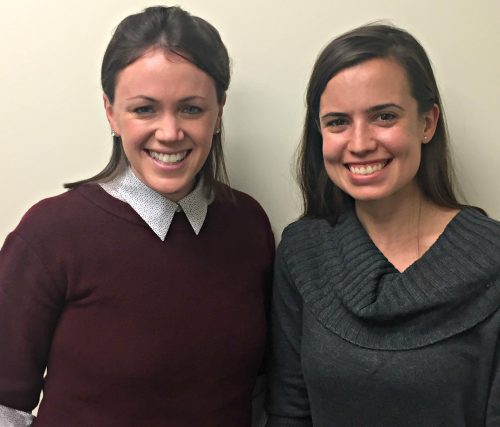The first thing Sam said when he called CJP’s warmline to ask for financial assistance was: “You don’t know what it has taken for me to make this phone call. I’m humiliated to say this, but my family needs your help.” Sam had a master’s degree but had recently lost his job and was struggling to find work. By the time Sam and his wife finally found the courage to call, their utilities had been shut off and they were without food for their young children. Sam knew he was hungry and without money, but he didn’t want to accept that he was “poor.”
Sam’s story is all too familiar to the committed professionals and volunteers who work day-in and day-out to ensure that families like his are supported during their times of crisis. CJP’s Community Study, on the other hand, reminds us that these experiences continue to be foreign to many of us, as Boston is home to a largely thriving and prosperous Jewish community. When asked to describe one’s standard of living, 46 percent of respondents said “prosperous” or “very comfortable,” and another 42 percent reported that they were “reasonably comfortable.” Thirty-four percent reported earning over $100,000 a year, and 24 percent earn more than $200,000. For some measure of comparison, the median household income in Massachusetts in 2015 was $67,846, which itself was much higher than the national median household income of $53,482, according to the 2015 American Community Survey.
Additionally, a stunning nine in 10 Jewish adults in Greater Boston (89 percent) have earned at least a bachelor’s degree, including six in 10 (61 percent) with at least one post-graduate degree. Here again we excel—we are more educated than even the “average” American Jew in the United States and almost incomparable to the general American population; 33 percent of adults in the U.S. hold a bachelor’s degree and 12 percent hold advanced degrees, according to the 2015 U.S. Census.
Allowing our collective success to overshadow the very real struggles of many in our community, however, only serves to further isolate people like Sam, who told us that his financial insecurity made him feel less a part of the Boston Jewish community. Even with methodology not designed to study economic insecurity, 12 percent of Community Study respondents identified themselves as poor, nearly poor or “just getting by,” and 10 percent self-reported receiving government benefits, such as Medicaid, childcare vouchers or subsidized housing that are generally clear indicators of very low income.
Stunningly, our six social-service agency partners have served 5,000 households (4 percent of the Boston Jewish community) in the past five years, with the majority of these households having an income of 200 percent of the federal poverty guidelines or less. We also know that our partners have worked directly with nearly 1,600 households through our anti-poverty initiative since June 2015, with the median income for these households a mere $14,000 a year. This is real poverty, and it’s right here in the Greater Boston Jewish community.
At CJP, our work to alleviate poverty is driven by a desire to make sure no member of our community is sleeping in her car or lacking a hand to hold as she works from crisis to stability. We also believe it isn’t enough to solve a person’s immediate crisis, and our agencies work diligently to help people help themselves with employment, financial coaching and the like. When Sam called, he was connected to a case manager who not only helped him secure crisis-averting food and rent assistance, but also provided access to free employment coaching that helped Sam find an excellent new job and a newfound hope for the future.
The new information made available through CJP’s Community Study is an important snapshot of our community, and the stories behind these statistics are just as telling. While we feel fortunate to be a largely thriving community, our identity as a caring community is equally important, and the persistence of stories like Sam’s in our own backyard strikes at the very core of who we are. Let us hope that one of the most important measures of our success continues to be the extent to which we are able to ensure the wellbeing of the most vulnerable among us.
If you are struggling, please call our warmline at 1-800-CJP-9500.
Read the 2015 Greater Boston Jewish Community Study here.

This post has been contributed by a third party. The opinions, facts and any media content are presented solely by the author, and JewishBoston assumes no responsibility for them. Want to add your voice to the conversation? Publish your own post here. MORE

